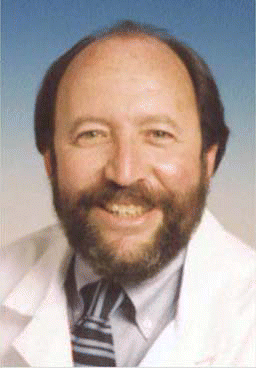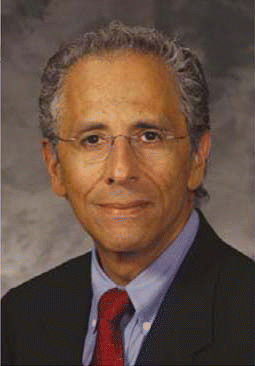While state-of-the-art care is appealing, standard care is often an equally effective choice for treatment of laryngological disorders.


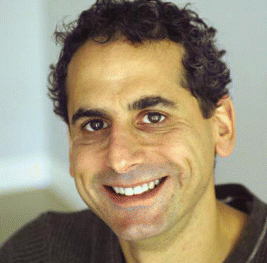
Pediatric otolaryngology has advanced by leaps and bounds over the past couple of decades, but it’s the rise in subspecialties within the field that has lead to the most changes in practice.
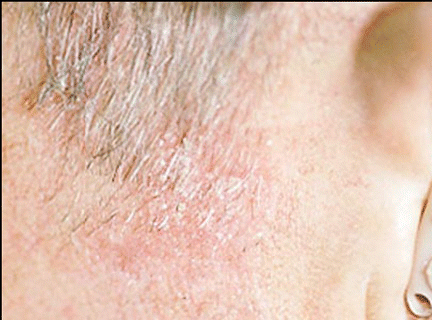
Doctors who deal with head and neck surgery often are the ones to first diagnose and potentially treat a variety of facial lesions-and they are more and more often finding themselves dealing with lentigo maligna.
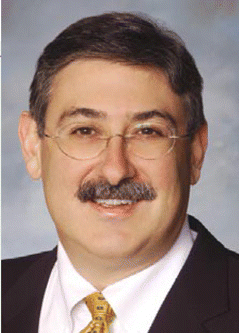
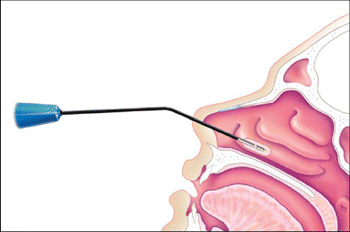
Hypertrophy of the inferior turbinates is a frequent cause of chronic nasal obstruction. In the last several years, two new techniques have become available for reducing the tumor volume: radiofrequency volumetric tissue reduction (RFVTR) and coblation.

One presenter offers guidance on what otolaryngologists can do to offer comfort to their dying head and neck cancer patients

Certain serious childhood head and neck infections tend to occur in particular sites by age, according to research presented here at the meeting of the Southern Section of the Triological Society.

Doctors should consider extending the course of antibiotics in patients with chronic sinusitis before giving up on conservative medical therapy and going forward to surgery, according to research presented here at the meeting of the Southern Section of the Triological Society.
